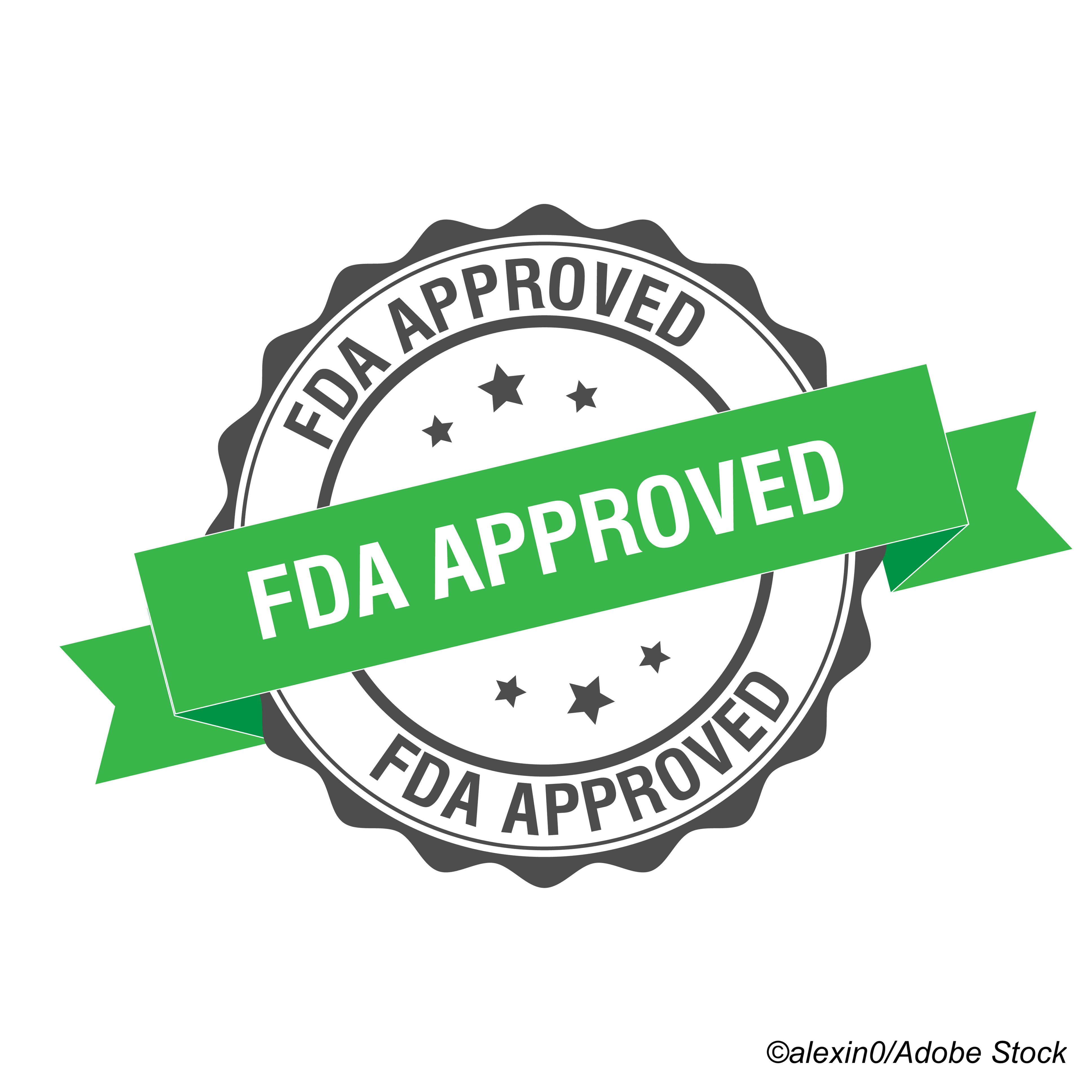The FDA approved an intravenous imaging drug, pafolacianine (Cytalux), to assist surgeons in detecting ovarian cancer lesions during surgery in adult patients with ovarian cancer.
“The FDA’s approval of [pafolacianine] can help enhance the ability of surgeons to identify deadly ovarian tumors that may otherwise go undetected,” said Alex Gorovets, MD, deputy director of the Office of Specialty Medicine in the FDA’s Center for Drug Evaluation and Research, in a statement. “By supplementing current methods of detecting ovarian cancer during surgery, [pafolacianine] offers health care professionals an additional imaging approach for patients with ovarian cancer.”
Pafolacianine works by binding to the folate receptors in a patient’s cancer cells. One binding occurs, the drug illuminates the cells under fluorescent light, helping surgeons to identify cancerous tissue.
“Currently, surgeons rely on preoperative imaging, visual inspection of tumors under normal light or examination by touch to identify cancer lesions,” the FDA explained. “[Pafolacianine] is used with a Near-Infrared fluorescence imaging system cleared by the FDA for specific use with pafolacianine.”
This approval was based on findings from a “randomized, multi-center, open-label study of women diagnosed with ovarian cancer or with high clinical suspicion of ovarian cancer who were scheduled to undergo surgery. Of the 134 women (ages 33 to 81 years) who received a dose of [pafolacianine] and were evaluated under both normal and fluorescent light during surgery, 26.9% had at least one cancerous lesion detected that was not observed by standard visual or tactile inspection.”
The most common side effects were infusion-related reactions, including nausea, vomiting, abdominal pain, flushing, dyspepsia, chest discomfort, itching, and hypersensitivity. The drug may also cause fetal harm when administered to pregnant women, and the use of folate, folic acid, or other folate-containing supplements should be avoided within 48 hours before pafolacianine administration. Use of the drug also carries a risk of false negative or false positive ovarian cancer identification.
Pafolacianine is manufactured by On Target Laboratories, LLC.
John McKenna, Associate Editor, BreakingMED™
Cat ID: 692
Topic ID: 78,692,730,692,192,725,925



